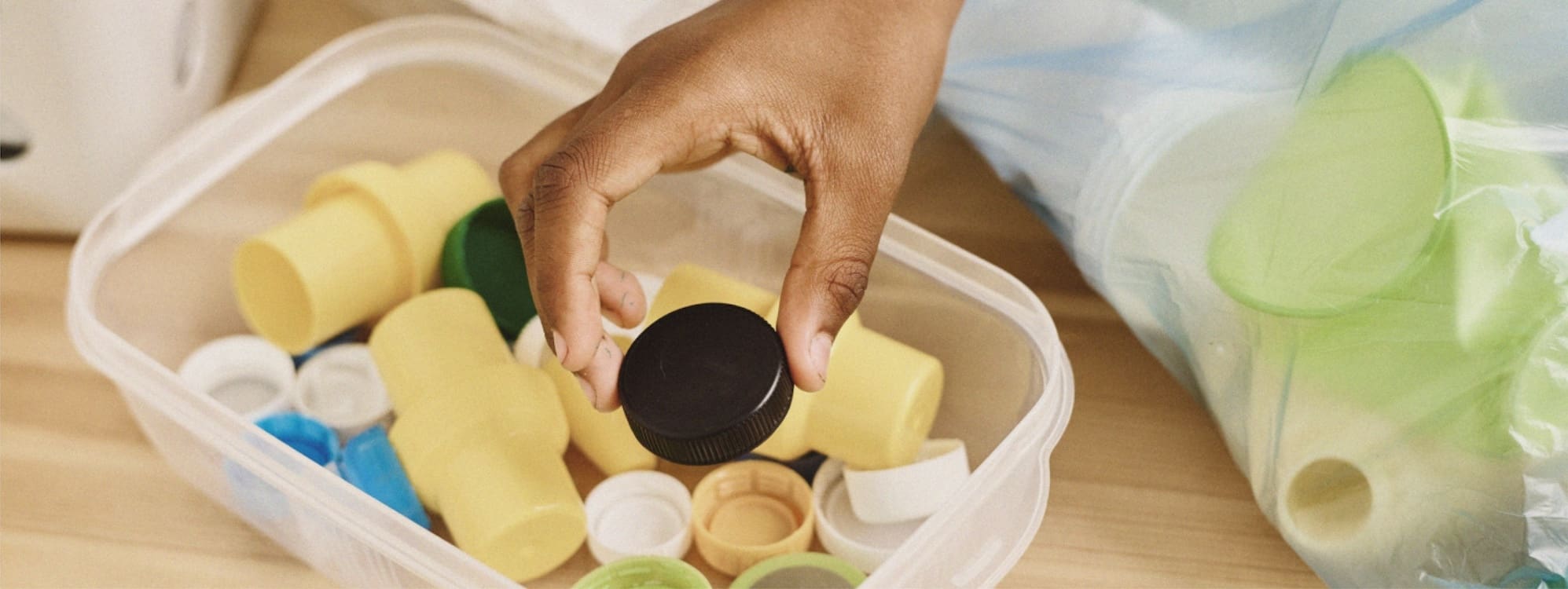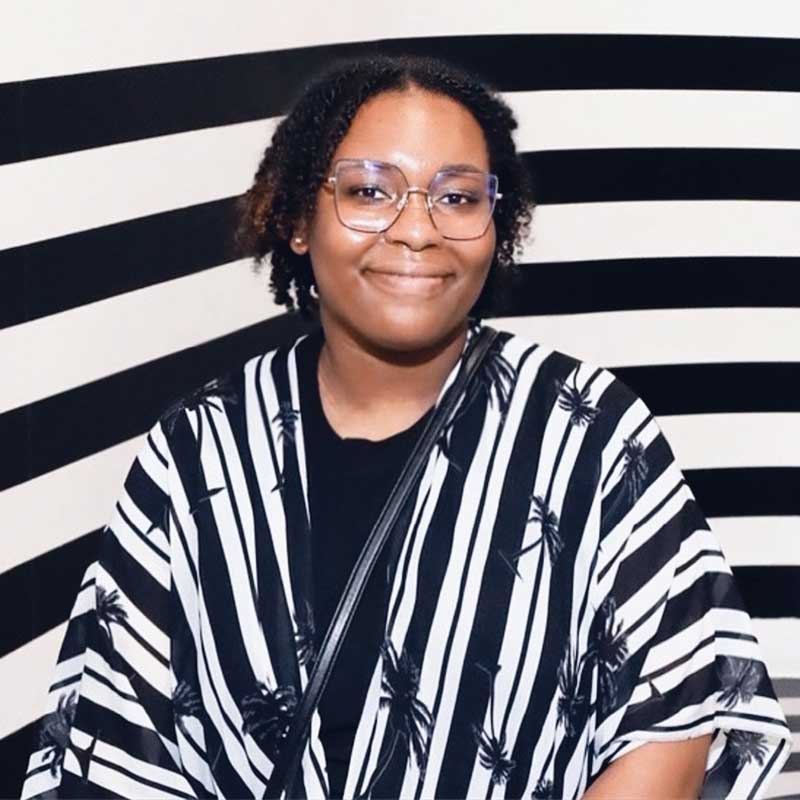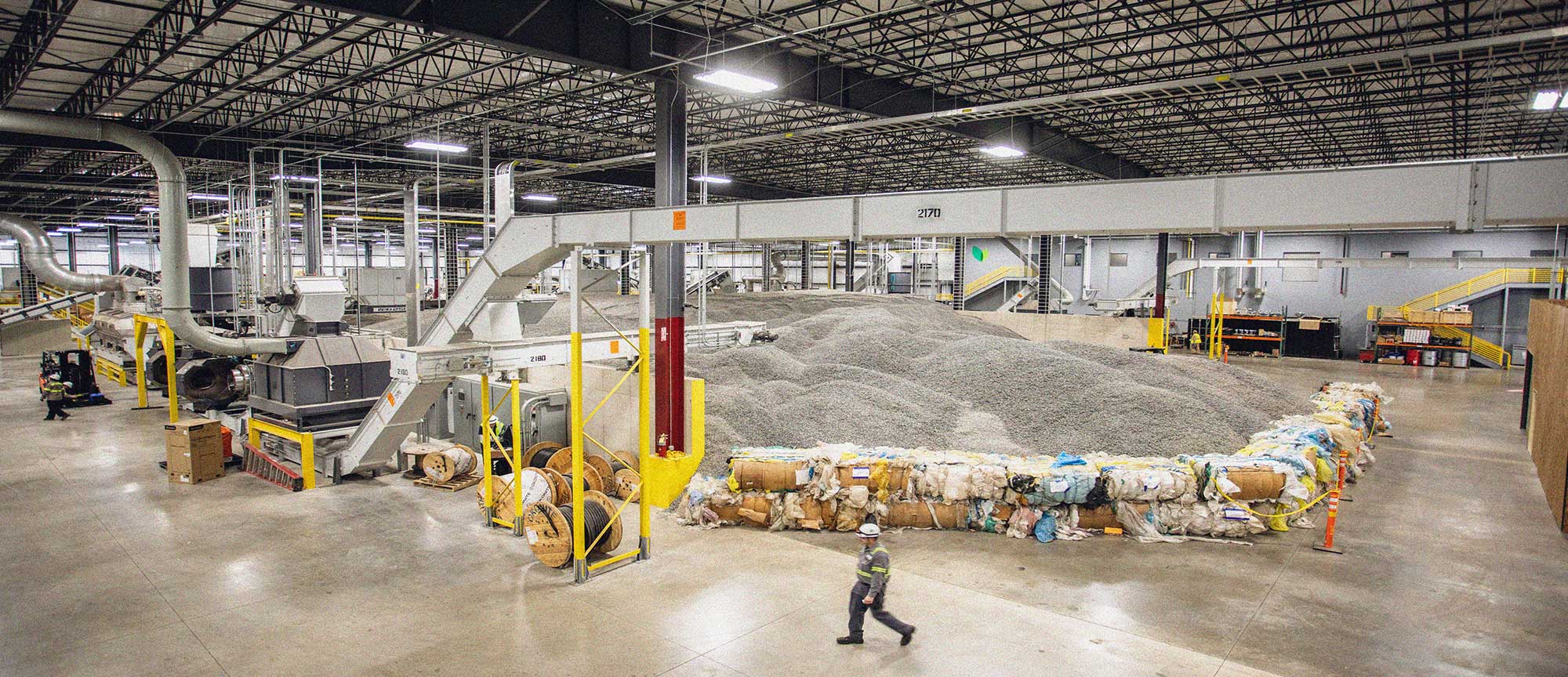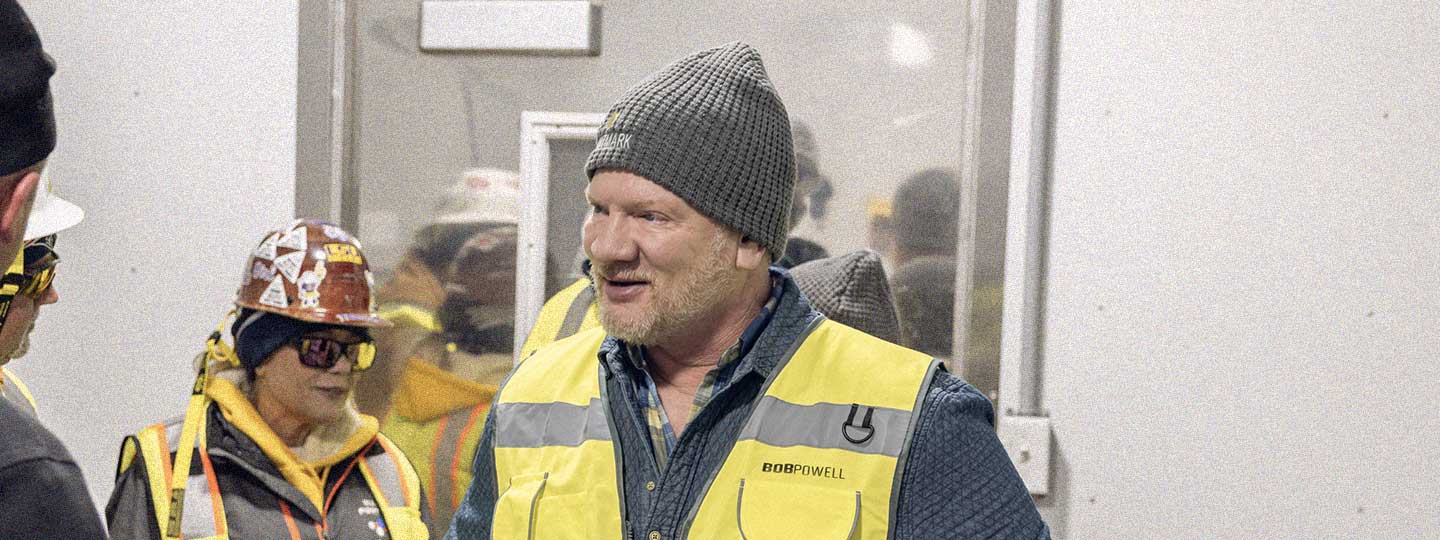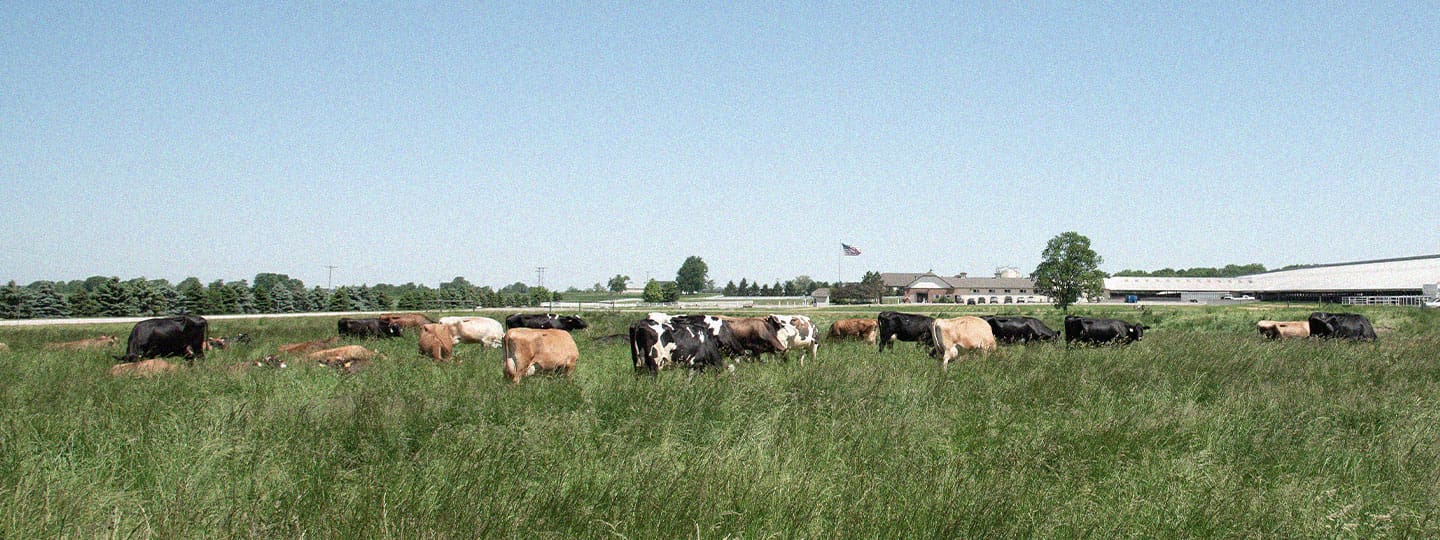With various types of materials making up the products in circulation for recycling, it can be complex to navigate proper waste disposal. Recycling guidelines often differ by municipality, and conflicting information can leave individuals wondering: “Can this be recycled?” This uncertainty can lead to contamination of recycling streams, reducing the effectiveness of recycling programs and the amount of recyclable waste. Can I Recycle This (CIRT) aims to bridge this knowledge gap and empower everyone to become more responsible recyclers.
Unlocking the Power of Informed Recycling
Katherine Shayne and Dr. Jenna Jambeck founded CIRT as a solution to the ever-changing recycling landscape and to “shift the dynamic from viewing something as waste to seeing things actually as a resource.” It functions as a database for material recovery, providing up-to-date information on the end-of-life options for various materials and packaging products. This includes whether a specific item can be recycled, composted, or if it’s destined for the landfill.
While CIRT initially focused on selling this information to cities, the business has since evolved, catering to a broader range of stakeholders, including consumer packaged goods brands, fast-moving consumer goods companies, retailers, and the packaging companies that supply these brands. The core goal remains the same: to ensure businesses are equipped with the most up-to-date information on recycling and recovery options for their materials.
CIRT’s mission is to keep recoverable materials out of landfills, the environment, and the ocean and get them into a circular system. As they continue growing, they aim to engage diverse communities in the conversation about designing for recyclability and making recycling accessible and easy for all.
What Can and Can’t Be Recycled?
Knowing what materials are recyclable is crucial for maximizing the effectiveness of recycling programs and reducing waste. While general guidelines exist, regulations can vary depending on your location. Here are some general tips to keep in mind:
- Paper Products: Paper products like cardboard, newspapers, and magazines are generally recyclable. However, avoid food-stained or greasy cardboard, as this can contaminate the recycling stream.
- Plastic Containers: Recycling guidelines for plastics can be tricky. Many plastics have the recycling symbol, but it doesn’t guarantee they’re recyclable. Generally, clean plastic bottles, jugs, and bottle caps with recycling labels (plastic types 1, 2, and 5) are accepted in most curbside recycling programs. However, avoid plastic bags, food containers, and mixed-material containers (plastic types 3, 4, 6, and 7), as these often require specialized recycling facilities and technology such as Brightmark’s Plastics Renewal®.
- Metal Cans: Aluminum cans and clean steel food cans are perfect for recycling.
- Glass: Glass bottles and jars are recyclable in most communities. However, remove lids and rinse out any residue before placing them in the recycling bin.
If you’re unsure about a specific item’s recyclability, consult CIRT’s online search tool. This resource provides location-specific instructions for responsibly disposing of waste.
Building a Brighter Tomorrow, One Bin at a Time
The more people understand recycling and adhere to proper protocols, the greater the impact. When recyclables are properly sorted, they are diverted from landfills, extending their lifespan and reducing the environmental burden. Recycling also conserves resources by repurposing existing materials, reducing the need to extract virgin resources from the planet. Ultimately, effective recycling initiatives contribute to a more sustainable future for generations to come.
Remember—even small changes in daily habits can make a significant difference, especially when it’s done by billions of people worldwide. Learn what waste your local recycling accepts, and get started for a brighter tomorrow today.
If you want to learn more about the plastic types and what items they typically are, view our free recycling guide here.

